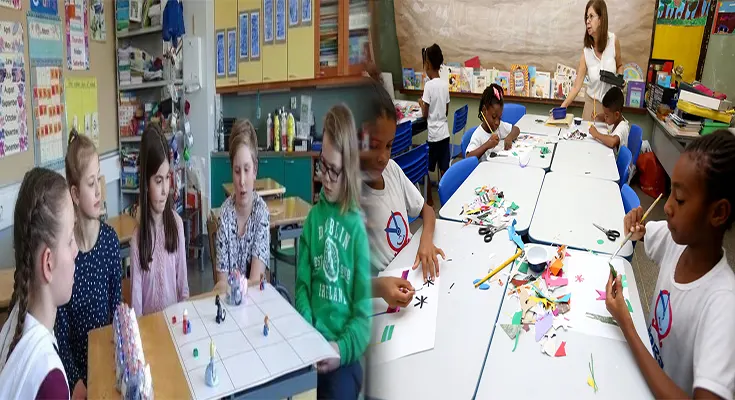
Successful Examples of Education Reform Around the World
Education systems worldwide are constantly evolving to meet the changing needs of students and society. In response to various challenges such as inequality, outdated curricula, and disparities in access to quality education, many countries have implemented successful education reform initiatives. These efforts have led to improved student outcomes, increased educational attainment, and enhanced opportunities for future success. Let’s explore some successful examples of education reform from around the world:
Finland: Emphasis on Teacher Quality and Professionalism
Finland is often hailed for its high-quality education system, which consistently ranks among the best in the world. One key aspect of Finland’s success is its emphasis on teacher quality and professionalism. Teachers in Finland are highly respected and undergo rigorous training programs before entering the profession. They are given autonomy in the classroom, allowing them to tailor their teaching methods to meet the needs of individual students. By investing in well-trained educators and …
Successful Examples of Education Reform Around the World Read More




